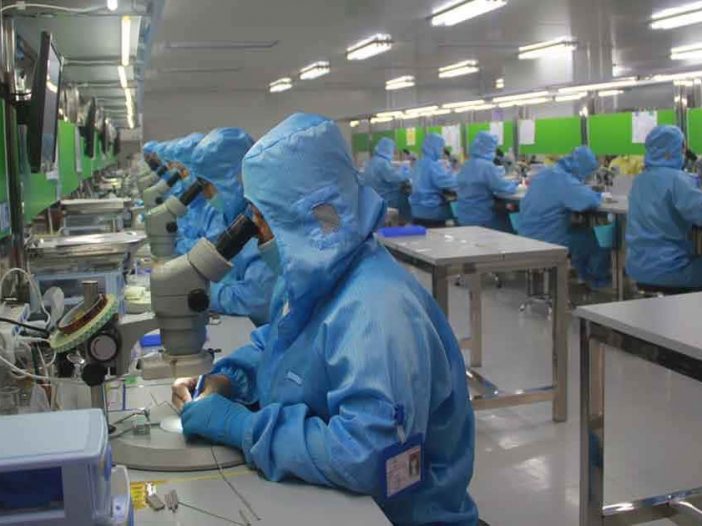
Many people are unaware of the fact that Artificial Intelligence surrounds them in their daily life. Plus, many people have the wrong concept of Artificial Intelligence as it is often linked with a human-shaped robot.
In simple words, the definition of Artificial Intelligence is to create machines and fill them with data by using the algorithm concept to make them behave like a human body or the human brain. Indeed, it is true, but there are many more ways where AI is used.
For instance, Artificial Intelligence is used in search engines, email filters, and checking human body temperature. The usage of AI for drug discovery is also very common in the pharmaceutical industry. Our focus is on how Artificial Intelligence transformed the pharmaceutical industry. Keep reading to discover more about this topic.
How fast is Artificial Intelligence growing in the Pharma Industry?
A study stated that, in 2021, the health market is expected to reach $6 billion. Also, many industries will choose to implement various sophisticated AI applications in the near future. For example; using AI capabilities to conduct market research for pharma industries can be quite useful for researchers to find the right people to survey.
Therefore, it is evident that Artificial Intelligence will grow dramatically concerning drug development due to its broad benefits.
How is Artificial Intelligence important to the pharmaceutical industry?
AI is already being used in many pharmaceutical industries. Using AI for drug discovery has been proven to be less time consuming compared to other standard methods. Different Artificial Intelligence applications can be created to help pharma industries discover new drugs or diseases quicker.
For example, there is no specific treatment for Alzheimer’s patients; this is where Artificial Intelligence has a significant role to play. Researchers assume that doctors diagnose Alzheimer’s at the very last stage. Studies also showed that if Alzheimer’s is diagnosed earlier, it will be easier to treat this illness.
Besides, it will be easier to detect abnormal speech from the patient at a very early stage through AI’s help. Hence, leaving doctors with enormous time to put the patient on proper treatment before it is too late.
Drug Discovery
Have you ever wondered how the pharma industry has been able to confirm that a drug is indeed authentic for a treatment? There are years of research and trials before a drug is available on the market.
Pharma industries hire multiple volunteers so that they can test trial drugs on them. This method is too costly and time-consuming. This is where Artificial Intelligence can be a savior for pharmaceutical industries. AI applications can be created through algorithms and inserting vital data for them to discover new drugs more efficiently and quickly.
What is a drug target?
As mentioned earlier, it is hugely time-consuming, risky, and costly to discover and develop a drug. It may take years and billions of dollars for a drug to be available on the market. Besides, a new drug must be compliant with the Food and Drug Administration (FDA) in the USA to get approval to sell it in the market.
The drug target consists of various procedures. Some of them are to consider safety, and there should be minimum side effects present on a new drug. It is crucial not to affect other body parts while creating a drug for a specific illness.
Moreover, a target dossier is where all information is compiled in a file to analyze safety, risk, and suitable development for a new drug.
There are two main types of advanced drug discovery
- Phenotypic Screening
Phenotypic screening consists of a classic method to identify a specific molecular target. Drugs are identified in tissue, cells, or animals. Contradictory, the phenotypic screening method identifies drugs without authentic evidence, and most of the time, the results are biased. Besides, this process takes much time to be completed.
- Target-based screening
Target-based discovery uses small molecules, protein, and antibodies elements to help develop and discover a new drug. In addition, in-depth knowledge in biology and pathophysiology is required before establishing a target-based screening process.
Conclusion
Artificial Intelligence can indeed provide considerable benefits to pharmaceutical industries. If AI is implemented in drug discovery, the process will be much faster for a drug to be available on the market.
Artificial Intelligence can also help in diagnosing early health diseases compared to a doctor. It will be of great help to many people suffering from untreatable diseases, as Artificial Intelligence has the potential to bring a new drug to the market speedily. Indeed, in the near future, we will witness how Artificial Intelligence is evolving positively in the pharmaceutical industry.
